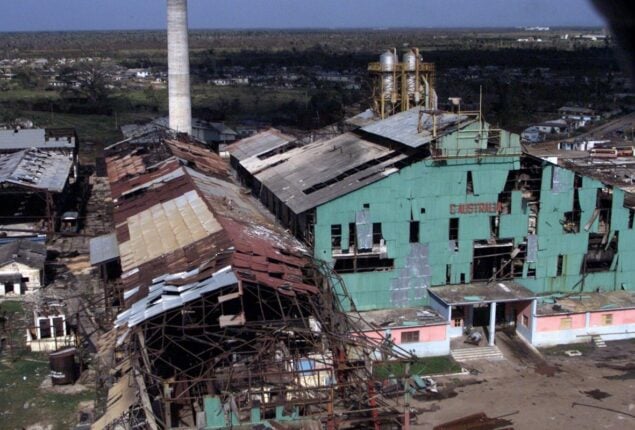Cuban oil depot fire finally under control after 5 days
Lightning struck a petroleum storage tank at Matanzas super tanker port on...

Cuba seeks foreign investment to address its supply shortfalls
For the first time in 60 years, Cuba claims to be opening its wholesale and retail markets to international investment.
The action reverses a Fidel Castro programme of nationalising retail from the 1960s and is a significant turnaround for the Communist government of the island nation.
But with prices rising and a discontented populace, Cuba is currently experiencing its worst economic crisis in decades.
Although the programme falls short of totally expanding commerce, it tries to address shortages of essential products like food and medicine.
Foreign investors will be authorized to fully or substantially own wholesalers operating in Cuba, according to government officials.
Retail, however, won’t be unchecked for foreign companies since “a state market has to prevail,” according to foreign trade minister Betsy Dáz Velázque.
The action will enable”expansion and diversification of supply to the population and contribute to the recovery of domestic industry”, according to Economy Minister Alejandro Gil.
Fidel Castro nationalized the private wholesale and retail sector in Cuba in 1969. However, the new foreign investment bill acknowledges that without foreign investment, the country’s centralised government cannot address its shortage of vital items.
Businesses that have had a presence in Cuba for a while will be given priority under the new strategy. Deals with companies offering green energy technologies and equipment that could increase domestic output would be given priority, according to government officials.
It further said that there would initially be no market competition.
Will Grant, the BBC’s Central America and Cuba correspondent, claims that hardcore revolutionaries have long resisted the move and that its success is far from assured.
Additionally, he continues, the heavily state-controlled climate in Cuba does not make it a desirable option for many investors.
Rationing has been implemented at some supermarkets around the nation to guarantee that customers can acquire necessities like cooking oil.
In protests held across the nation, thousands of people have expressed their rage over the high costs and shortages of food and medicine. Unauthorized public gatherings are prohibited in Cuba, though, and several people were detained as a result.
The island’s economic issues have been exacerbated by the coronavirus outbreak, decreased Venezuelan subsidies, and the strong sanctions and limitations imposed on it by former US President Donald Trump.
US sanctions against Cuba under the Trump administration were loosened in May. Travel restrictions and the amount of money that US citizens were permitted to send back to their families in Cuba were loosened as a result of the new policies that the Biden administration had adopted.
The news was greeted favourably at the time by Cuba’s foreign minister, who noted that it was “a small step in the right direction.”
Catch all the World News, Breaking News Event and Latest News Updates on The BOL News
Download The BOL News App to get the Daily News Update & Follow us on Google News.